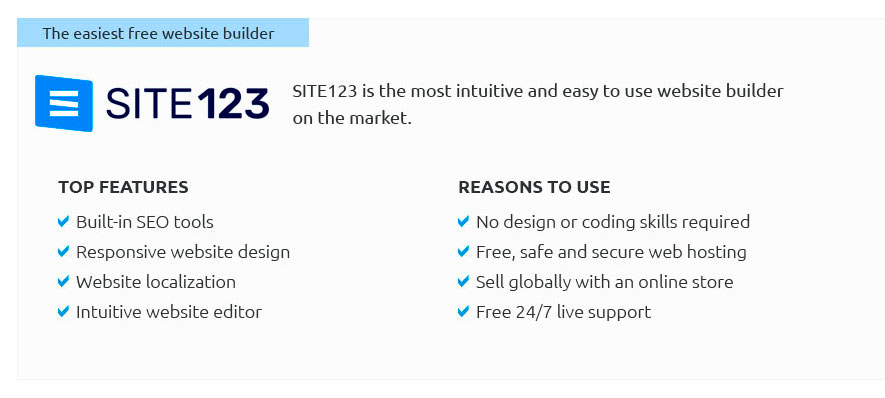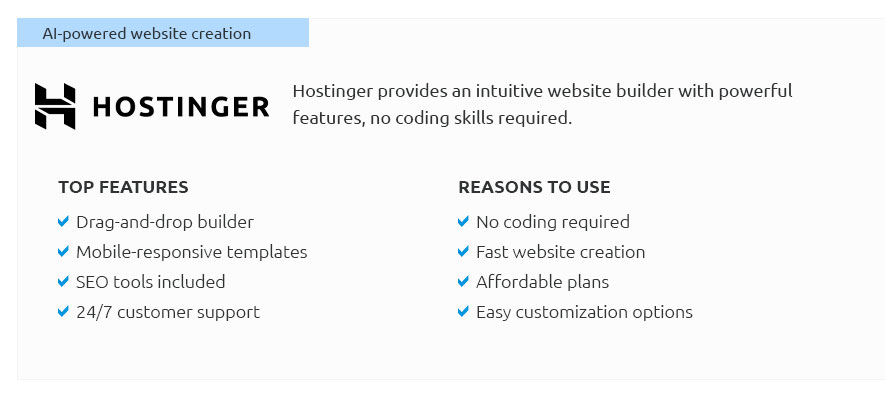 |
 |
 |
 |
|
 |
 |
 |
|
 |
|
 |
 |
|
 |
|
 |
|
 |
 |
Create Website on GitHub: A Comprehensive Guide to Building Your Online PresenceCreating a website on GitHub is an increasingly popular choice among developers and hobbyists alike. Leveraging GitHub Pages, individuals and organizations can host websites directly from their repositories. This guide explores the steps and best practices for creating your website on GitHub, comparing it with other popular options. Why Choose GitHub for Your Website?GitHub Pages offers a free and straightforward method to host your website. It is ideal for personal projects, portfolios, and documentation sites. By integrating with GitHub's version control features, you can easily manage and update your content. Benefits of Using GitHub Pages
Step-by-Step Guide to Creating Your WebsiteSetting Up Your Repository
Adding Content to Your Website
For more detailed guidance on web design, explore how to design your own web page for additional insights and best practices. Comparing GitHub Pages with Other Hosting SolutionsWhen deciding on a platform for hosting, it's essential to consider factors such as ease of use, customization options, and support for dynamic content. While GitHub Pages excels in simplicity and integration, other options like WordPress or Wix offer more extensive design tools and plugins. Pros and Cons
For those looking for a versatile approach, consider reviewing the best do it yourself website options that cater to both developers and non-developers. FAQsCan I use GitHub Pages for commercial websites?Yes, GitHub Pages can be used for commercial purposes as long as it adheres to their terms of service. What are the limitations of GitHub Pages?GitHub Pages is limited to static content, which means no server-side processing or database interactions are possible. It's best suited for static websites like portfolios and documentation. How do I add a custom domain to my GitHub Pages site?To add a custom domain, you need to update the DNS records at your domain registrar to point to GitHub's servers and add a CNAME file in your repository with your domain name. https://www.khanacademy.org/computing/computer-programming/html-css/web-development-tools/a/hosting-your-website-on-github
Once you verify your email address, you'll see the start page. Click "Start a project". ... Now you're looking at the ... https://pages.github.com/
Head over to GitHub and create a new public repository named username.github.io, where username is your username (or organization name) on ... https://docs.github.com/articles/creating-project-pages-manually
On GitHub, navigate to your site's repository. - Decide which publishing source you want to use. - Create the entry file for your site. - Configure your publishing ...
|